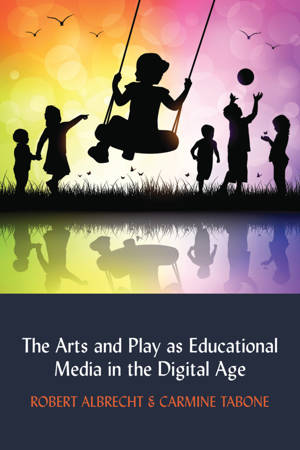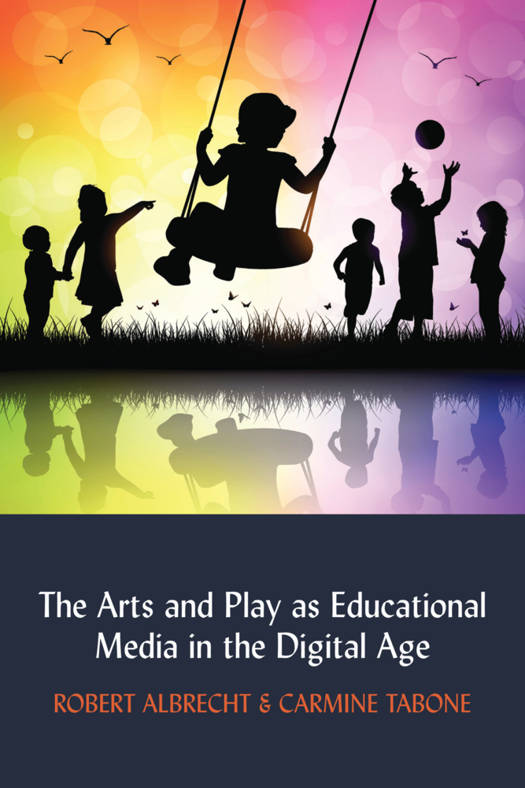
- Afhalen na 1 uur in een winkel met voorraad
- Gratis thuislevering in België vanaf € 30
- Ruim aanbod met 7 miljoen producten
- Afhalen na 1 uur in een winkel met voorraad
- Gratis thuislevering in België vanaf € 30
- Ruim aanbod met 7 miljoen producten
Omschrijving
The digital revolution we are now entering as educators is an unchartered sea pregnant with wondrous possibilities but laden with a minefield of unforeseen consequences. A pedagogy that overlooks or downplays the disruptive and often dangerous influence of digital media on childhood development is necessarily a very shortsighted one.
More than just highlighting our misgivings about digital media, however, this book has a purpose far more ambitious and infinitely more useful. Based upon 45 years of work with young people in Jersey City classrooms, day camps, housing projects, libraries, church basements and community centers, the authors propose a pedagogical strategy that uses hands-on experiences in the arts as a strategy to offset and counterbalance the dominance of digital media in the lives of children.
Rather than call for the elimination of digital media--clearly an impossibility even if it were desirable--the authors maintain that children need to be exposed to non-digital, non-electronic experiences that cultivate alternative ways of thinking, feeling, and being in the world. In sum, the book does not call for an end to the digital, but outlines ways in which the arts and creative forms of play help to establish a balance in the education and socialization of children as we enter more deeply into the Digital Age.
Specificaties
Betrokkenen
- Auteur(s):
- Uitgeverij:
Inhoud
- Aantal bladzijden:
- 168
- Taal:
- Engels
- Reeks:
- Reeksnummer:
- nr. 5
Eigenschappen
- Productcode (EAN):
- 9781433154263
- Verschijningsdatum:
- 1/06/2020
- Uitvoering:
- Paperback
- Formaat:
- Trade paperback (VS)
- Afmetingen:
- 152 mm x 229 mm
- Gewicht:
- 254 g

Alleen bij Standaard Boekhandel
Beoordelingen
We publiceren alleen reviews die voldoen aan de voorwaarden voor reviews. Bekijk onze voorwaarden voor reviews.











